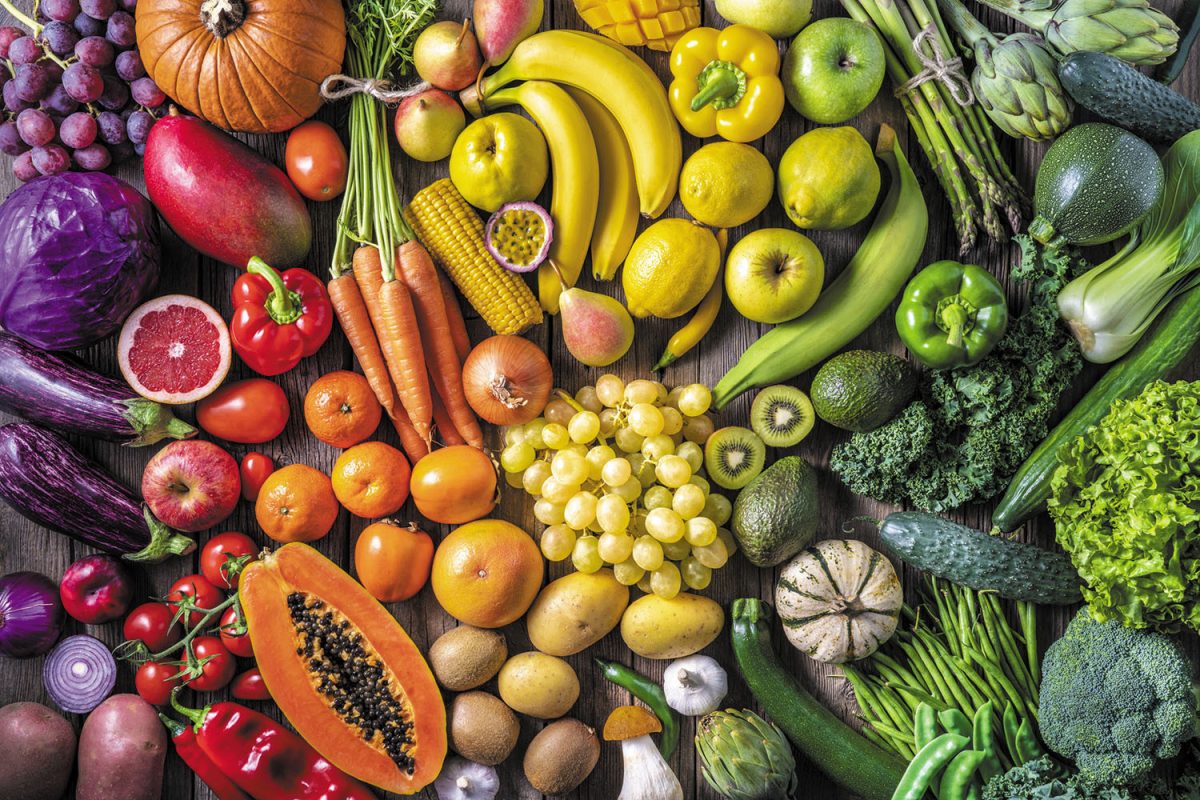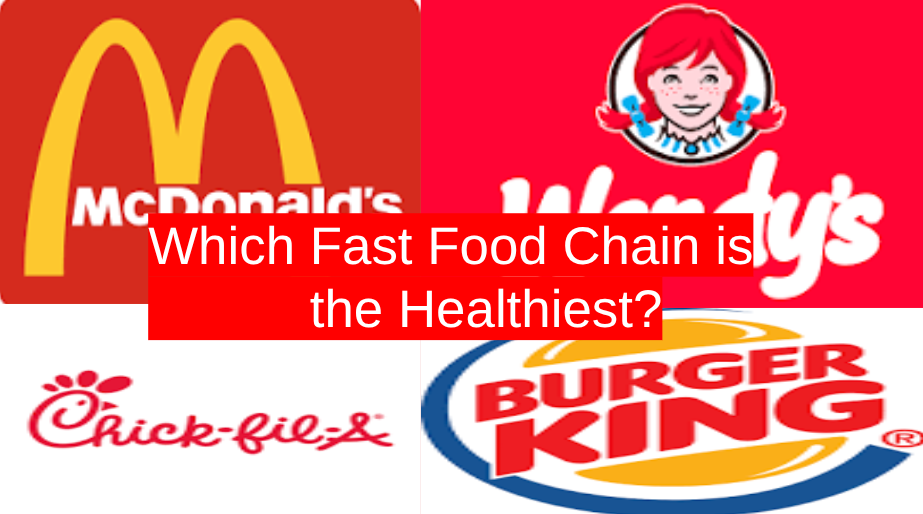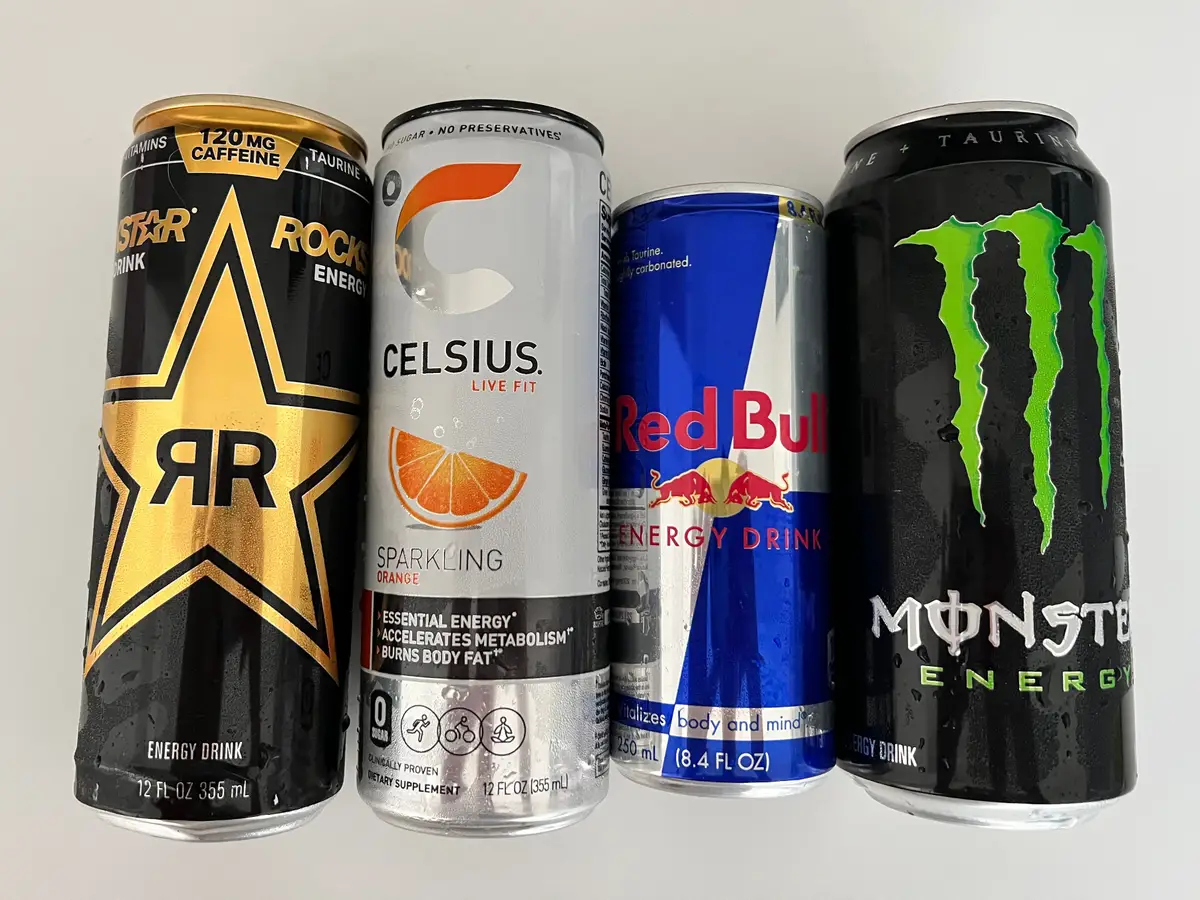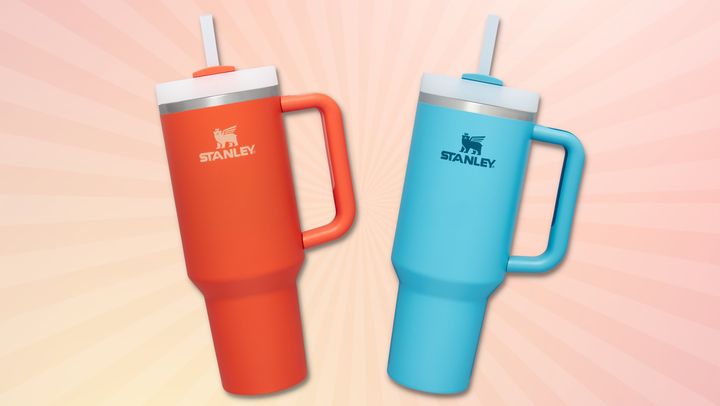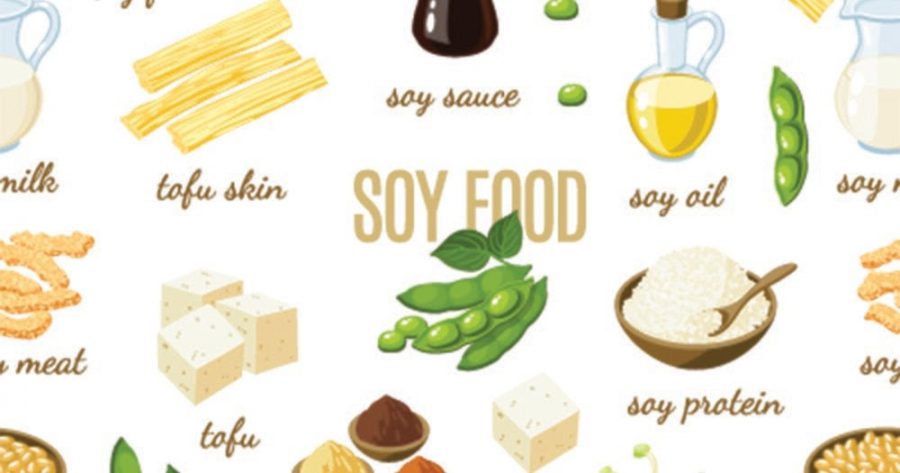We have all heard from a young age that fruits and vegetables part of a healthy diet. From carrots and cucumbers to strawberries and blueberries, these foods are seen as the epitome of health. At dinner, our parents would attempt to get us to eat one more bite of our broccoli, or to have an apple for a snack, but what was the true purpose behind this? Are fruits and veggies really as important as everyone thinks they are?
The truth is that eating a diet diverse in both vegetables and fruits is just as important as we have all been told. There is an extremely long list of health benefits associated with them, and it is important that we take these into account when making daily choices on what to eat.
One major health benefit of fruits and veggies is that they are rich in essential vitamins that our bodies need to function. Some of these vitamins include vitamins A, C, E, magnesium, zinc, phosphorus, and folic acid. Eating foods that have large amounts of vitamins within them is important as vitamins can help the human body carry out various functions. Some of these processes include aiding the immune system, supporting growth and development, as well as helping to regulate hormones and keep our bones strong.
Believe it or not, fruits and vegetables have the ability to protect you from some diseases. This is because of the antioxidants, and phytochemicals, or plant chemicals, that they contain. With these biologically active compounds, regular consumption of veggies and fruits can lower the risk of developing heart disease, type 2 diabetes, cancer, and having a stroke or heart attack.
From a nutritional standpoint, certain characteristics of fruits and veggies make them an excellent choice when it comes to snacking or making additions to meals. They are rich in fiber, which is a nutrient component that aids in digestion and promotes a feeling of fullness when eating. Fiber also boosts gut health by keeping food moving through the digestive system at a more rapid rate. Vegetables and fruits are also lower in calories, fat, sodium, and cholesterol which make them a healthier option than some other foods.
So what are the best fruits and vegetables to eat? All fruits and vegetables are typically a healthy choice, but some are better than others. Some of the best vegetables to eat are broccoli, peas, carrots, sweet potatoes, Brussels sprouts, spinach, and kale. These are good choices because they are all nutrient-dense and provide a good source of many vitamins. In terms of fruit, the best choices are blueberries, cherries, raspberries, apples, oranges, strawberries, blackberries, and peaches.
For some people, one factor preventing them from eating these foods is the taste. Although some fruits and vegetables may not be the most pleasant to eat raw, there are plenty of ways they can be prepared to make them a more appetizing and delicious component of a healthy diet. Vegetables such as green beans, Brussels sprouts, and sweet potatoes can often be seasoned and roasted in the oven to make them more tasty. Other veggies, such as cucumbers, carrots, peppers, and broccoli can be dipped in dressings or hummus to create a perfect snacking combo. Fruits, on the other hand, can be used as a topping for certain meals as well as a component of smoothies. Any easy way to get in lots of fruits is to blend them into delicious and refreshing smoothies where the options for flavors are endless. Adding berries on top of a bowl of cereal, oatmeal, or yogurt can also be a perfect option to incorporate fruit into your diet.
Even though it may seem redundant to say, fruits and vegetables are essential for a healthy life. From being rich in vitamins and fiber to being low in calories, fat, cholesterol, and sodium, to preventing diseases, vegetables and fruits truly have the power to complete a healthy diet. While they may not be the most popular foods, the next time you are presented with fruits and veggies, take the opportunity to enjoy them and know you are impacting your health for the better.

